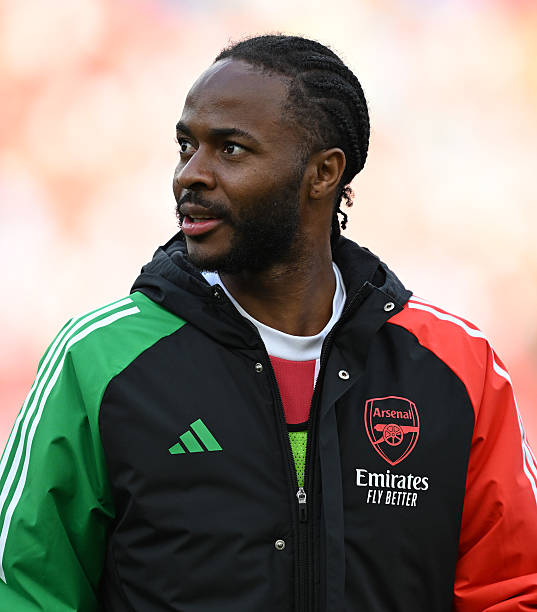Just four years ago, Raheem Sterling stood at the heart of England’s attack, inspiring his country to the Euro 2020 final and earning recognition as one of the Three Lions’ most influential figures. Today, at 30, the winger finds himself in a very different position: in exile at Chelsea, confined to the club’s so-called “bomb squad” with £30m in wages still left on his contract.
The decline has been stark. Sterling arrived at Stamford Bridge in 2022 as the first marquee signing under Todd Boehly and Clearlake Capital’s ownership. Then-sporting director Boehly paid Manchester City £50m and handed the forward a lucrative five-year deal worth £325,000 per week. It was a statement of ambition.
But the landscape at Chelsea shifted almost immediately. Boehly’s influence diminished, the recruitment strategy changed, and the constant managerial upheaval meant Sterling was never able to establish a consistent role. Since his arrival, he has worked under Thomas Tuchel, Graham Potter, Frank Lampard, and Mauricio Pochettino, before Enzo Maresca arrived this summer and quickly informed him he had no place in his plans.
Sterling’s record of 19 goals in 81 appearances across two turbulent campaigns wasn’t disastrous, but it fell short of expectations. A loan to Arsenal last season offered a potential escape, yet it ended in disappointment as he featured sparingly under Mikel Arteta. By the time he returned to Chelsea, his status was clear: surplus to requirements.
The issue now lies in his contract. Chelsea remain reluctant to pay out the £30m left on his deal, while Sterling is equally unwilling to surrender the terms he negotiated. The result is a stand-off that leaves the forward sidelined until at least January, unless a compromise is reached sooner.
For now, he continues to train away from the first-team squad with Axel Disasi and David Datro Fofana, enduring the isolating reality of life in the bomb squad. It is a lonely existence for a player who has enjoyed a glittering career at both club and international level.
So why has a player of Sterling’s calibre not found a new home? The answer, as always, comes down to finance and circumstance. Sterling made clear during the summer that he wanted to remain close to London, where his family is settled and his son Thiago plays in Arsenal’s academy. Juventus and Bayer Leverkusen were both sounded out, but the winger’s reluctance to uproot his family again meant those options faded.
Closer to home, Fulham, Crystal Palace and West Ham were approached but none were prepared to take on his sizeable wages. While Sterling has turned down far more lucrative offers from the Saudi Pro League in the past year, preferring stability over money, the financial package remains a barrier for Premier League clubs outside the traditional elite.
The rushed nature of last season’s loan to Arsenal has also made him more cautious. Thrown together on deadline day, the deal left Sterling with little time to weigh his options. The result was a year of frustration, limited appearances, and stalled momentum. This time, he is determined not to repeat the mistake.
In the meantime, Chelsea continue to pay his salary, an arrangement that satisfies neither party. The club cannot move him on while his contract remains intact, and Sterling cannot play top-flight football until a resolution is found. With the transfer window closed, both sides are locked in a holding pattern.
It is a situation without winners. For Sterling, a player with 82 England caps and four Premier League titles, the prospect of another wasted season looms. For Chelsea, a £50m signing has become an expensive passenger. Unless a breakthrough arrives in January, one of English football’s most decorated forwards will remain in limbo, a cautionary tale of big-money transfers gone wrong.



